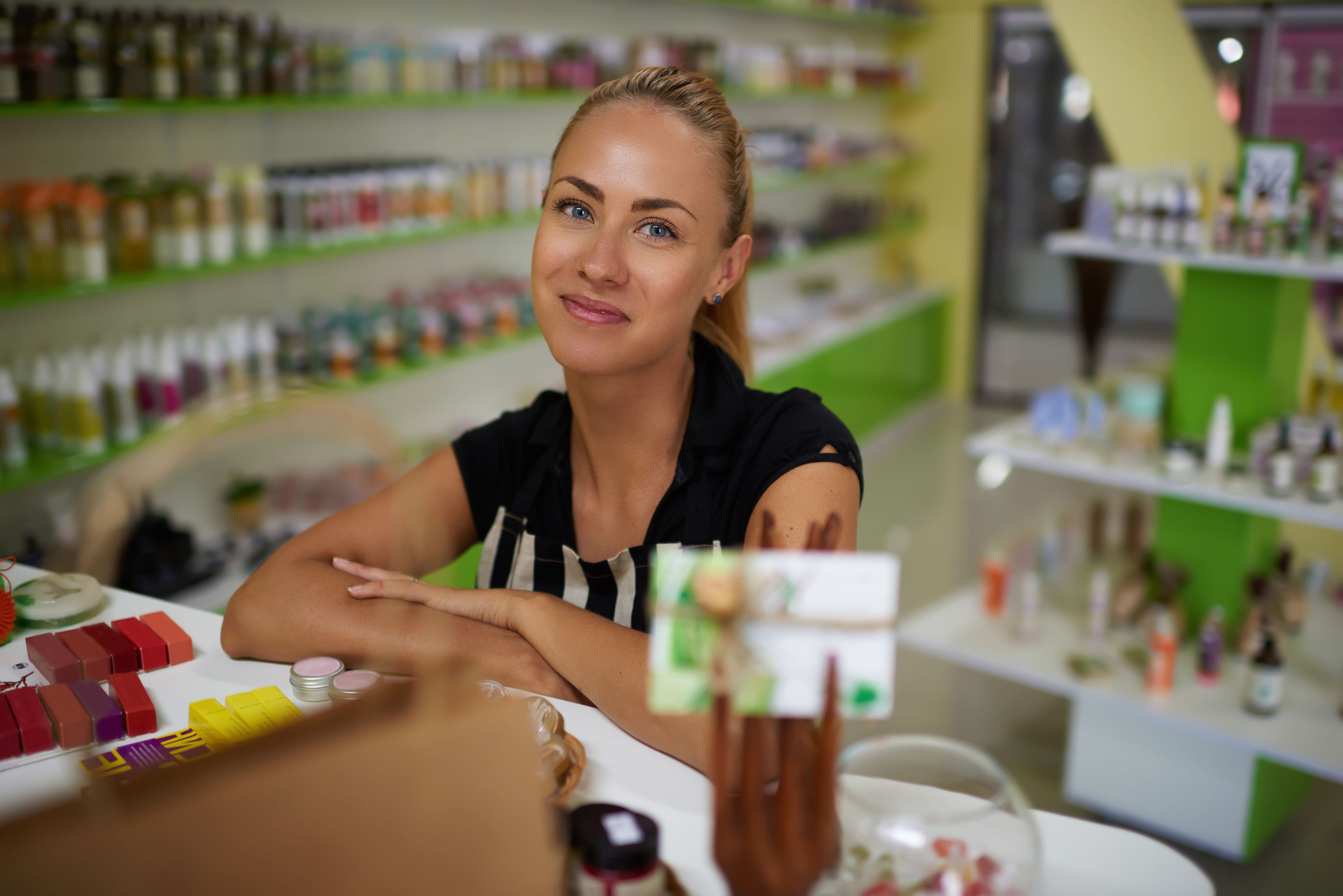How to get rid of acne
Curious as to how to get rid of acne? Acne is a common skin condition that can affect people of all ages. Managing acne often requires a combination of skincare practices and, in more severe cases, medical interventions. Here's a step-by-step approach to dealing with acne:
1. Maintain Proper Skincare
- Cleanse: Use a gentle, non-comedogenic cleanser twice a day to remove dirt, oil, and makeup. Avoid scrubbing your face harshly.
- Moisturize: Use a lightweight, oil-free moisturizer to keep your skin hydrated without clogging pores.
- Exfoliate: Once or twice a week, use a mild exfoliant to remove dead skin cells.
- Sunscreen: Sun can exacerbate acne scars and marks. Use a non-comedogenic sunscreen with at least SPF 30.
2. Over-the-counter (OTC) Treatments
- Benzoyl Peroxide: This is an antimicrobial agent that can help reduce the bacteria associated with acne.
- Salicylic Acid: Helps exfoliate skin cells and unclog pores.
- Alpha Hydroxy Acids: Such as glycolic acid or lactic acid, help to shed dead skin cells and renew the skin.
- Topical Retinoids: Help unclog pores and reduce acne inflammation.
- Sulfur: Found in some cleansers and spot treatments, it helps reduce acne-causing bacteria and unclog pores.
3. Prescription Medications - If OTC treatments don’t work, consider seeing a dermatologist who may prescribe:
- Topical Retinoids: Such as tretinoin or adapalene gel.
- Topical Antibiotics: To reduce bacteria on the skin.
- Oral Antibiotics: For more severe forms of acne.
- Birth Control Pills: For women, certain oral contraceptives can help regulate hormones and reduce acne.
- Spironolactone: An anti-androgen that can be effective, especially for women.
- Isotretinoin: For severe, cystic acne that hasn’t responded to other treatments.
4. Non-Drug Treatments
- Light and Laser Therapy: Target the deeper layers of the skin without harming the skin's surface.
- Chemical Peels: To treat acne and reduce post-acne marks.
- Drainage and Extraction: To remove large cysts.
5. Lifestyle Adjustments
- Diet: Some people find that certain foods exacerbate their acne, although the connection between diet and acne remains a topic of research. Dairy and high-glycemic-index foods might be triggers for some.
- Stress Management: Stress can worsen acne for some people.
- Regular Exercise: Exercise can help reduce stress and increase blood flow to the skin, but be sure to shower immediately after to wash away sweat.
- Keep Hands Off: Avoid touching your face, picking, or squeezing pimples.
6. Consultation
If you have persistent or severe acne, it's always a good idea to consult with a dermatologist. They can provide guidance tailored to your specific condition and needs.
Hope this helps you figure out how to get rid of acne. Keep in mind, everyone's skin is different, so it may take some time to figure out what treatments work best for you. And even if you find a successful regimen, it's important to be patient, as many acne treatments can take weeks or even months to show noticeable results.
Category: Beauty Consultant
Related Articles
Business News
Popular Posts
- Universal Pursuit of Happiness - Wisdom from World Religions
- Overcoming Ego and Self-Centeredness - Lessons from World Religions
- Transcending Materialism - Spiritual Practices from World Religions
- Overcoming Prejudice and Intolerance - Guidance from Global Faiths
- How Mind Balance Can Improve the Mindsets of Employees
- Interfaith Insights by 1WorldPeace - The Top 100 Universal Beliefs in Global Spirituality
- Bridging Beliefs - Finding Common Ground in Love and Respect
- The SmartGuy Vision - A United Future Through Interfaith Love and Respect
- A Cautionary Vision - The Grim Future of a Divided World Without Love and Balance
- A Tapestry of Faiths - Exploring the Common Threads in World Religions
- Fostering Harmony Among Christianity Islam Buddhism Hinduism and Judaism
- Preparing Kids for Adulthood - 15 Vital Skills They Wont Learn in School
- Navigating Diversity - Jerusalem's Tactical Approach to Interfaith Harmony
- Clearing Mental Plaque: The Path to Enhanced Communication and Divine Connection
- Why Return to Jesus Christ and the Church
- Top 50 Ways to Live Longer
- Adventurous Romance -The Key to Enhancing Relationship Chemistry
- Pork Tenderloin with Mustard Cream Sauce
- Navigating Technology and Media for Optimal Mental Well-Being
- Understanding the Link Between Mental Health and Substance Abuse
